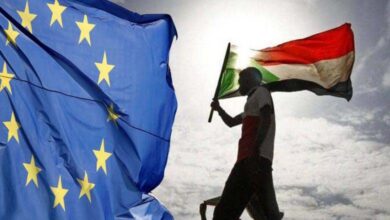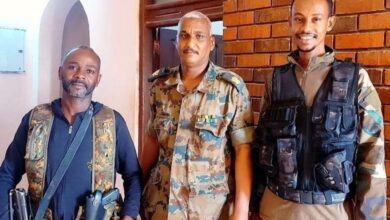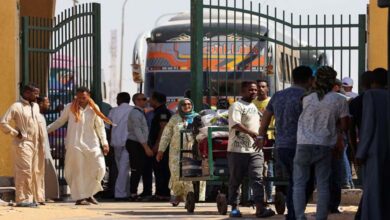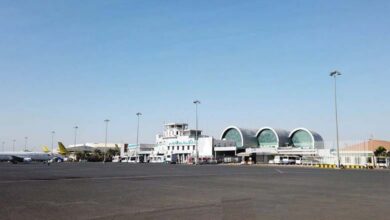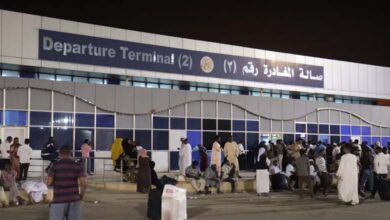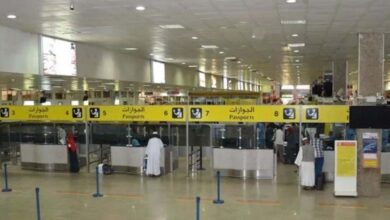The Emergence of Women’s Role in European Muslim Brotherhood Networks, Especially in Britain
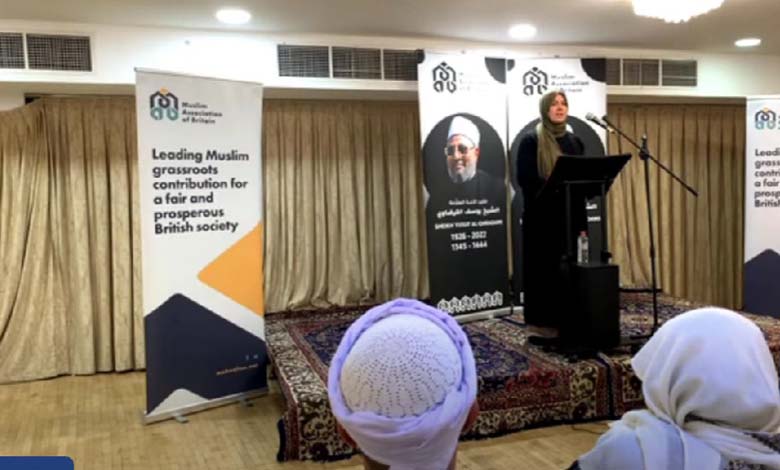
The presence of women within the Muslim Brotherhood has long been characterized by its limitations, with their role – as defined by the group’s founder Hassan el-Banna – confined to family matters and the upbringing of youth, until gender bias against women became a dominant feature in the Brotherhood‘s literature, as well as in its organizational framework, with the male element taking over leadership roles within its various structures, both political, organizational, and operational, for decades.
However, since the beginning of the new millennium, the Brotherhood, especially those residing in European countries, have developed new roles for Brotherhood women, becoming the “face” of many networks working in favor of the group, a step that observers link to the Brotherhood’s efforts to harmonize with the prevailing reality in those countries, and to present their organization in a civilized manner, in line with Western values.
Living Examples
For example, two activists from the Brotherhood lead two of the most important organizations associated with the Brotherhood in the UK.
Raghad al-Tikriti
Daughter of a prominent figure in the Muslim Brotherhood movement in Iraq, Osama al-Tikriti, and sister of prominent leader and founder of the Cordoba Center, Anas, she has been serving as the Chair of the Consultative Council of the Muslim Association in Britain (MA) since last February, a precedent as the position had always been monopolized by men. Prior to that, she had been the Chair of the association’s board since 2020, becoming the first woman to lead (MA) since its founding in 1997.
As for the Muslim Council of Britain (MCB), considered the largest and most important political support organization acting on behalf of Muslims in Britain, it is currently led by Pakistani-origin activist Zara Mohammed, elected to become the youngest and first woman to hold the position of Secretary General of the Council in January 2021.
Al-Tikriti remained at the helm of the association until February 2022. After that, she was appointed Chair of the Consultative Council, a position she still holds today.
In Britain as well, the Iraqi Lana Al-Sumaidaie holds the position of president of the Muslim Women’s Society for the Future (MWS). The association is a member of the “Council of Muslims of Europe” (formerly the Union of Islamic Organizations of Europe FIOE), which specialists consider as the European wing of the global Muslim Brotherhood organization.
In Germany, the Syrian-born doctor Houda Taraji stands out as one of the leading figures of the movement there. She is a member of the “German Islamic Community” (DMG), the organization from which the “Supreme Council of Muslims in Germany” (ZMD) was expelled in late January due to its ties to the Muslim Brotherhood. Taraji also served as vice-president of the Islamic community in Germany from 2006 to 2010, and according to the association records of the Cologne district court between 2015 and 2018, she was a member of the association’s board of directors. She is also a member of the board of the Central Council of Muslims.
One of Taraji’s sisters, Heba Taraji, was previously a member of the board of the European Forum of Muslim Women and also worked at the Frankfurt Center, which was co-founded by Ibrahim Al-Zayat.
Within the framework of these female faces of the Muslim Brotherhood, there is also the “Islamic Center for the Reeducation and Rehabilitation of Muslim Women” in Cologne, founded in 1996 by Amina Thies (formerly Erica Thiesen), one of the most active Muslim women in Germany. Born in Cologne, she embraced Islam in 1987. The center’s board of directors is currently chaired by Hanem Izzat.
In Belgium, there is also the well-known youth organization, the “Forum of European Muslim Youth and Student Organizations” (FEMYSO), which is the student arm of the Council of Muslims of Europe (formerly the Union of Islamic Organizations of Europe).
“FEMYSO” was established in 1996, and over the years, the forum has developed partnership relations with the Council of Europe, the European Commission, and many other important organizations at both the European and international levels. It received three grants between 2010 and 2016, according to a written response from the Commission in 2017. This triggered a crisis between France and the European Commission at the end of 2021, following Paris’ accusations that “FEMYSO” was inciting hatred and spreading extremist ideas.
It appears that these accusations prompted the Muslim Brotherhood to export female figures to the forefront of the “Forum of European Muslim Youth and Student Organizations.” On November 1, 2021, during its 25th annual general assembly, the forum announced the election of a new executive committee for the period 2021-2023, with Hanadi Tanner, an Islamic activist from the Netherlands, as president of the forum.
The current board of directors includes Fatima Hallawa, director of internal development (Ireland) and former training director of FEMYSO, and the daughter of the leader of the Muslim Brotherhood in Ireland, Hussain Hallawa. It also includes Heba Lattarsh, head of fundraising (France) and former secretary-general of FEMYSO, daughter of the French Islamic activist Mohammed Nassar Lattarsh, whose assets were frozen by the French government in 2014 after defending jihadist terrorism in Syria.
The purpose of exporting female figures?
The goal of appointing women to such high positions seems to be primarily to polish the organization’s image and shield it from social criticism, and to align with the perceived expectations of European policymakers regarding women’s empowerment.
In contrast, some observers believe that female leaders of the Muslim Brotherhood cannot necessarily change the organization’s conservative positions on controversial issues affecting the freedom of Muslim women, such as the veil. In a research paper published on the Trends website, Dr. Huda Al Nuaimi believes that women in the Muslim Brotherhood do not constitute a “feminist” movement in the true sense of the word, based on the liberation and equality of women with men. She adds that women in the Muslim Brotherhood “are active agents serving the elite of the group’s men, their activity focusing on mobilizing votes for Muslim Brotherhood candidates, exploiting their organizational skills in managing and organizing political campaigns and elections, and recruiting new members for Brotherhood work.”
According to the research paper, women in the group do not work seriously to achieve equality or attempt to change the dominant culture within the group, which views women in a derogatory manner… The woman in the Muslim Brotherhood, since joining the group, follows the authority of men and paternal culture in political work, and she cannot be convinced of the values of civil society where everyone is under a secular constitution that establishes equality, citizenship, freedoms, and social justice, because she has accepted submission and execution without discussion.



